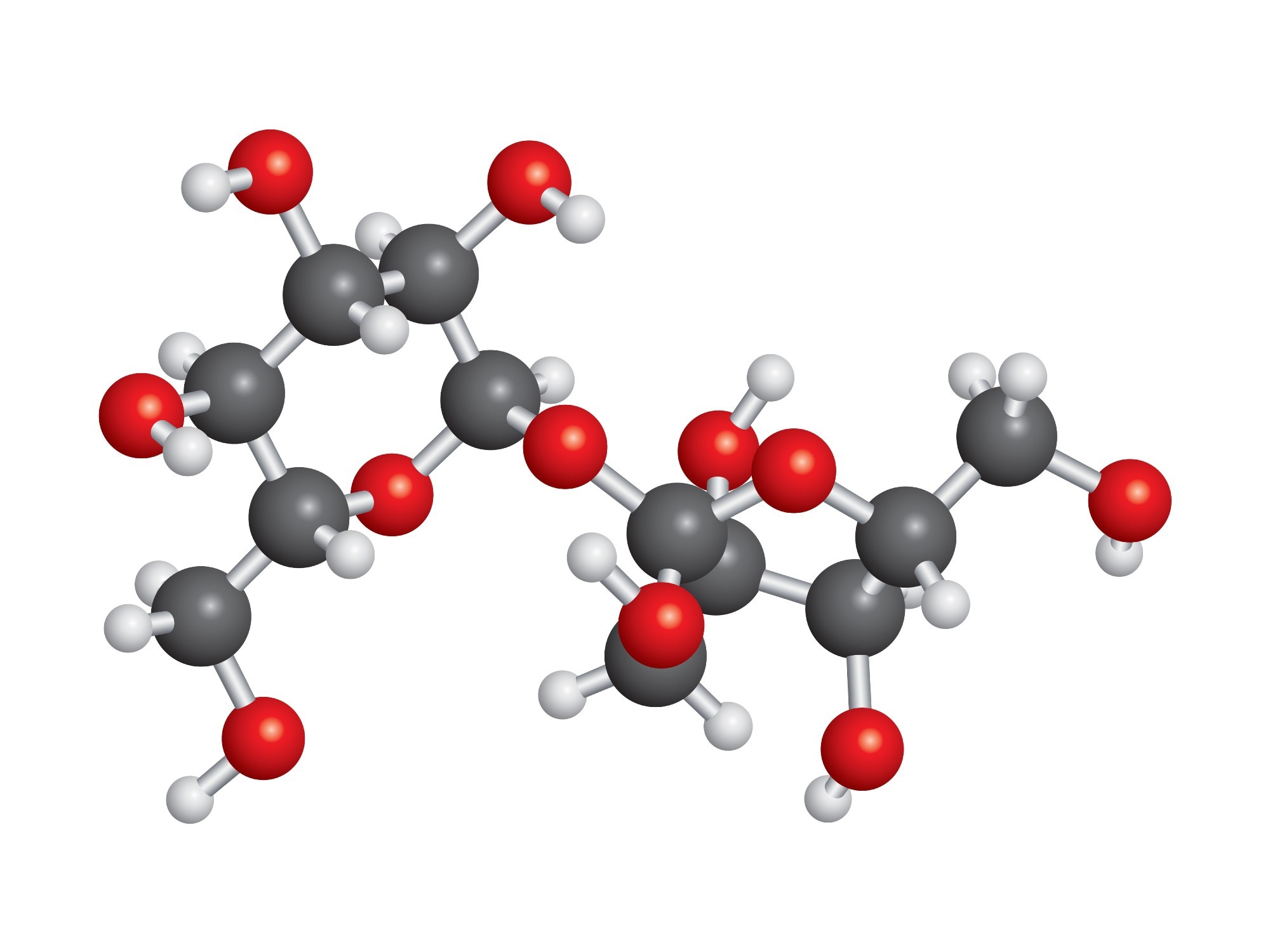Sustainable Polymers: Eco-Friendly Solutions for the Future
Sustainable Polymers: Eco-Friendly Solutions for the Future
Blog Article
Taking Advantage Of the Power of Polymers: Understanding the Extensive Usages and Positive Impacts
Polymers, with their varied chemical frameworks and residential properties, have come to be essential in many sectors, transforming the method we connect with materials on an everyday basis. As we discover the extensive uses of polymers and their function in shaping a much more lasting, reliable, and innovative future, it ends up being obvious that their possibility is as vast as the molecules themselves.
Flexibility in Everyday Products
Polymers show remarkable versatility in a wide variety of daily items, showing their indispensable role in modern society. From the versatile plastic case of mobile phones to the long lasting fibers in apparel, polymers have actually changed the way we communicate with products in our everyday lives. One of the most typical uses of polymers is in packaging materials. Polyethylene, for instance, is widely made use of in food product packaging because of its light-weight, durable, and moisture-resistant residential or commercial properties. In addition, polymers play an important duty in the vehicle market, where they are made use of in producing light-weight elements that boost gas efficiency.
In addition, polymers have actually found their way into the health care sector, with applications varying from clinical devices to drug delivery systems. For example, eco-friendly polymers are used in stitches and implants, decreasing the risk of damaging reactions in clients (Polymers). In the construction market, polymers are integrated into paints, adhesives, and insulation materials, boosting sturdiness and energy efficiency. Generally, the flexibility of polymers in everyday products underscores their importance in driving technology and boosting lifestyle.
Sustainability in Material Innovations
With the recurring emphasis on ecological consciousness and source effectiveness, the emphasis shifts towards sustainability in material innovations, mirroring a growing dedication to accountable manufacturing practices across different markets. In recent years, there has been a remarkable rise in the development of lasting products, particularly within the world of polymers. These cutting-edge products are designed to decrease environmental impact throughout their whole lifecycle-- from sourcing resources to disposal or recycling.
One substantial aspect of sustainability in product advancements is the idea of biodegradability. Biodegradable polymers have actually garnered focus for their ability to damage down normally into non-toxic results, lowering waste and contamination. Additionally, the use of recycled polymers originated from post-consumer or post-industrial resources is gaining grip as a means of advertising a circular economic situation and lowering reliance on virgin materials.

Enhancing Efficiency in Design
Enhancing performance in engineering needs a meticulous assimilation of innovative modern technologies and exact techniques to optimize functionality and effectiveness in different commercial applications. Polymers play a vital role in this undertaking, using a large range of benefits that enhance the performance of engineering useful link materials and parts.
One key element of enhancing performance in engineering is the capability of polymers to boost durability and strength. By integrating polymers into engineering styles, suppliers can create light-weight yet robust structures that can hold up against high levels visite site of tension and strain. This particular is especially important in industries such as aerospace, auto, and building and construction, where the need for strong yet lightweight materials is extremely important.
In addition, polymers can also improve efficiency by giving thermal and chemical resistance, reducing friction, and boosting Get More Information electric conductivity. These properties make polymers excellent for a vast array of design applications, including seals, bearings, coverings, and electronic components. Polymers. By using the distinct buildings of polymers, engineers can optimize the efficiency of their designs and create a lot more efficient and reliable products
Effect On Clinical Improvements
Polymers have played an essential duty in contemporary clinical innovations, ranging from medication delivery systems to tissue design. One of the crucial areas where polymers have actually made a considerable effect is in the development of naturally degradable sutures and implants.
Additionally, polymer-based materials are progressively being used in clinical gadgets such as catheters, stents, and prosthetics due to their biocompatibility and adaptability. For example, polymer coverings on medical gadgets can protect against infections and improve overall client outcomes. In addition, developments in nanomedicine have allowed the use of polymer nanoparticles for targeted drug shipment, boosting the efficiency and minimizing adverse effects of various drugs
Duty in Environmental Preservation

Moreover, polymers are utilized in water therapy processes, aiding in the filtration and recycling of water resources. This assists in decreasing water pollution and ensuring accessibility to clean water for both human consumption and ecological wellness. Polymers also contribute in farming with the development of biodegradable mulches and controlled-release fertilizers, promoting sustainable farming practices.
Verdict
Finally, polymers have verified to be a versatile and essential material in numerous industries, from daily products to design and medical developments. Their effect on sustainability, efficiency enhancement, and ecological preservation is significant. Understanding the substantial uses of polymers emphasizes their relevance in driving technology and progress in several areas. The ongoing exploration and use of polymers will unquestionably cause more improvements and favorable influence on culture.
Report this page